
Every country has a songwriter who’s very successful in their own territory, but hasn’t translated well elsewhere; Australia has Paul Kelly, and Canada had Gord Downie from The Tragically Hip. New Zealand’s equivalent is Dave Dobbyn, a songwriter who emerged in the pub rock scene of the late 1970s.
Dobbyn dips back into the pub-rock sound and has links with his contemporaries who emerged in the late 1970s. He used Elvis Costello‘s rhythm section for 1993’s Lament for the Numb, he produced two albums for Grant McLennan in the early 1990s, and Neil Finn has produced for Dobbyn. But at the same time Dobbyn’s often notable for his creative arrangements; songs like the sea shanty ‘Whaling’, with its nautical violin, and ‘Slice of Heaven’, with its keening synth and backing vocals from Herbs, are so ingrained into the New Zealand psyche that it’s easy to forget how oddball they are. As he’s mostly known as a singer and songwriter, it’s easy to forget that Dobbyn’s also an excellent guitarist.
Dobbyn emerged as lead guitarist for pub rock band Th’ Dudes; overcoming stage fright, he fronted their breakthrough hit ‘Be Mine Tonight’. He then fronted the band DD Smash for two albums, penning hits like ‘Whaling’ and ‘Outlook For Thursday’. During a free DD Smash gig in 1984, Dobbyn was charged with inciting a riot, after making negative comments about the police.
Dobbyn rehabilitated his image with his first solo project, the 1986 soundtrack to the animated Footrot Flats: The Dog’s Tale, and has continued to add to his catalogue of loved New Zealand songs. An astonishing five of his songs featured in the 2001 Australasian Performing Rights Association’s list of the greatest 30 New Zealand songs of all time – ‘Loyal’, ‘Slice of Heaven’, ‘Beside You’, DD Smash’s ‘Whaling’, and Th’ Dudes’ ‘Be Mine Tonight’.
Dave Dobbyn Album Reviews
Footrot Flats: The Dog’s Tale | Loyal | The Dave Dobbyn Collection | Lament for the Numb | Twist | The Islander
Dave Dobbyn recorded four albums as a group member before striking out for a solo career:
Right First Time – Th’Dudes (1979) – contains Dobbyn’s lead vocal on ‘Be Mine Tonight’
Where Are The Boys – Th’ Dudes (1980) – released after the band had broken up, most famous for the national drinking anthem ‘Bliss’, which Dobbyn co-wrote but didn’t sing lead on.
Cool Bananas – DD Smash (1982)
The Optimist – DD Smash (1984) – contains ‘Whaling’ and ‘Magic What She Do’
Footrot Flats: The Dog’s Tale
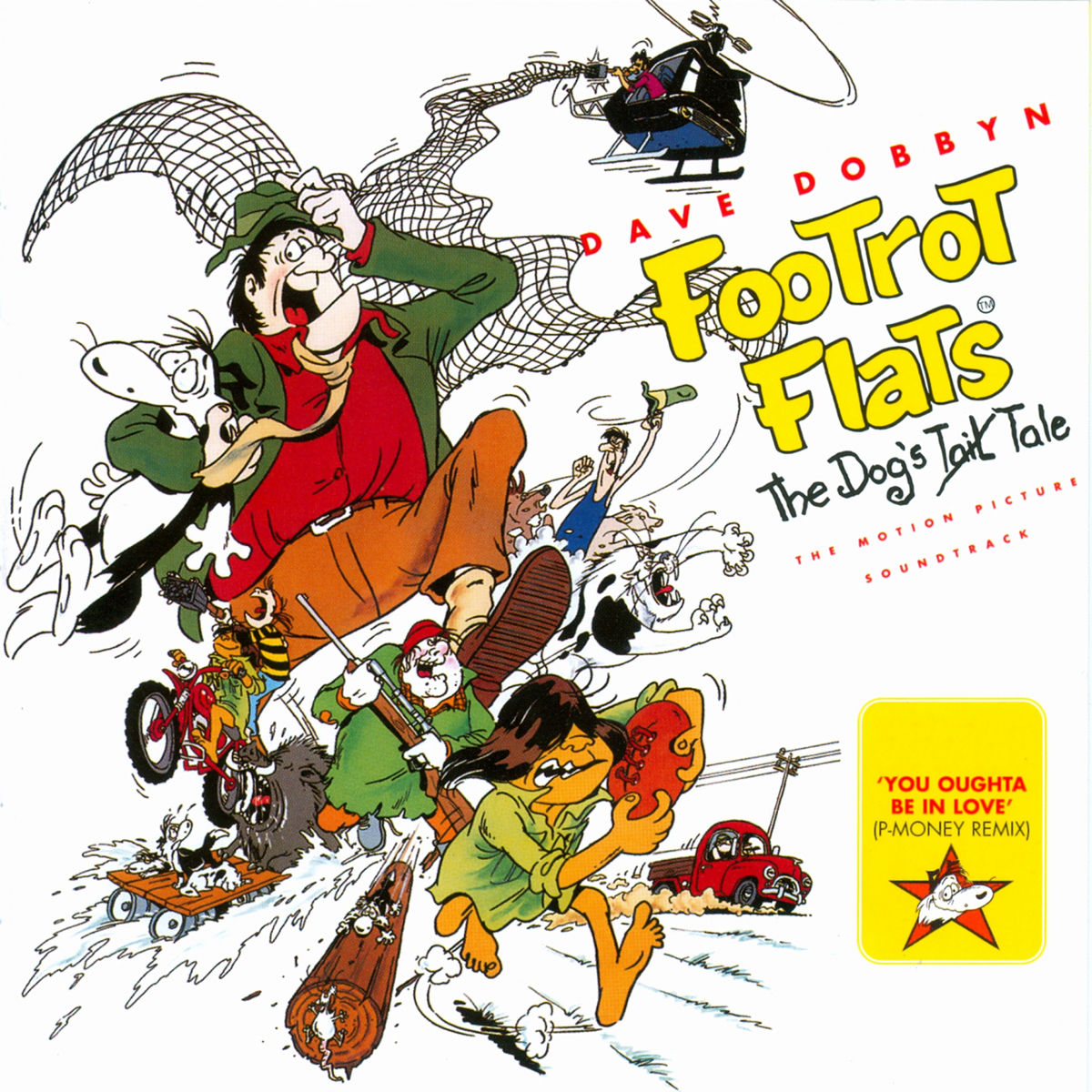
1986, 7.5/10
Murray Ball’s farming-themed cartoon strip Footrot Flats had already been a New Zealand cultural icon for a decade when it was made into a feature-length film. Providing the soundtrack for an iconic NZ franchise was a great chance for Dobbyn to rehabilitate his reputation, which was damaged by the Queen Street riots. Strangely, Tim Finn was offered the job before Dobbyn accepted. It’s hard to see how Finn’s haughty, angular songs would have translated to a family movie, and Dobbyn‘s kitsch and tuneful soundtrack was a crucial part of the appeal of the film’s appeal. Comprised of instrumentals and fully fledged songs, as well as the song ‘Nuclear Waste’ from Herbs, it’s a more cohesive listen than you might expect.
It helps that the instrumentals are interesting – in particular, the opening ‘Footrot Mornin’’ steps through a bunch of creative sections, and Dobbyn’s lead guitar is prominent. The Herbs song is excellent, and doesn’t sound out of place – as a segue-way the Pacific reggae group’s vocals also feature on ‘Slice of Heaven’. ‘Slice Of Heaven’ was released well in advance of the album, and was a huge hit in New Zealand; the textural combination of Herbs’ Polynesian gospel backing vocals and the keening synth flute is unique in the pop canon. The other hit was ‘You Oughta Be In Love’; the context of a movie gives Dobbyn the chance to get much schmaltzier than on his regular albums. The group Ardijah feature on ‘You Oughta Be In Love’, as well as ‘Let’s Get Canine’.
Despite its coherent nature, Footrot Flats has the limitations of a soundtrack, but it’s fun hearing a more playful side of Dobbyn manifest itself on record.
Loyal
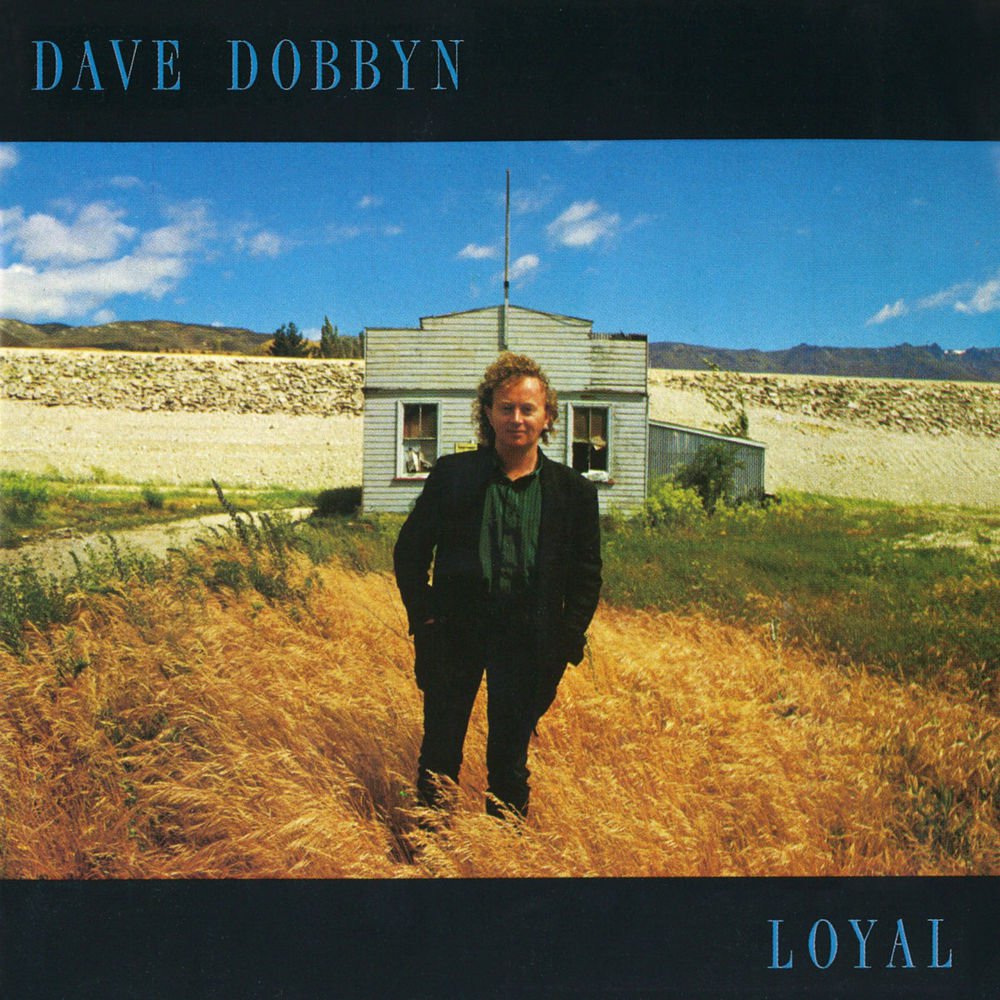
1988, 7/10
On his first fully-fledged solo album, Dobbyn is moving towards more mature pop/rock. Most of Dobbyn’s previous work had a sense of fun, and his textural flair added to the experience. This time, the 1980s arrangements and prominent synths are intrusive, and a lot of these songs would sound better in acoustic versions. ‘Slice of Heaven’ is recycled from Footrot Flats – Dobbyn commented that it fitted in with the album’s theme of loyalty.
One song that’s unaffected by its arrangement is the opener ‘Love You Like I Should’ – a riff rocker that’s apiece with his early pub bands. Along with ‘Slice of Heaven’, the most notable song is the title track, which has gone on to become Dobbyn’s signature song – it’s pretty, but would have benefited from a simpler arrangement and a shorter running time. Elsewhere, there are pretty tunes like ‘Stay’ and ‘Little Zeros’, that stray dangerously close to smooth adult contemporary, but are sincere enough to work.
Dobbyn’s writing was consistent throughout the albums I’ve covered on this page; it’s the dated arrangements that make Loyal the weakest of them.
The Dave Dobbyn Collection
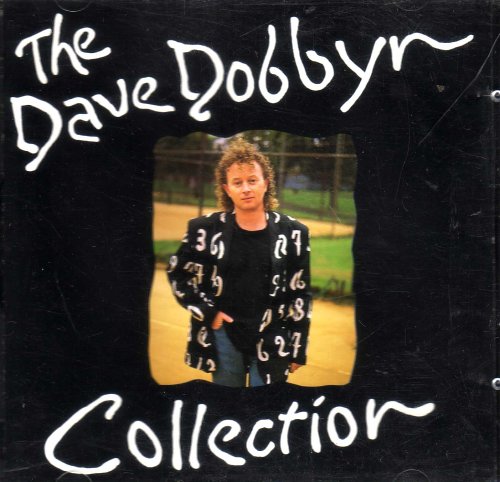
1992, 8.5/10
This out-of-print compilation does a great job of chronicling Dobbyn’s work from up until 1990. It takes in his work with Th’ Dudes and DD Smash, as well as his first two solo albums. The Dave Dobbyn Collection includes the non-album singles ‘Lipstick Power’ and DD Smash’s excellent, weather-themed ‘Outlook For Thursday’. The cover photo of Dobbyn parading a fine mullet hairdo only adds to the appeal.
‘Whaling’, from DD Smash’s 1984 album The Optimist, is my favourite Dobbyn song. New Zealand pop music has a history of great songs built around nautical metaphors, like Split Enz’s ‘Six Months in a Leaky Boat’ and The Mutton Birds’ ‘Anchor Me’, and Dobbyn’s arrangement gives the song a salty, sea shanty flavour with its prominent violin. Th’ Dudes’ ‘Be Mine Tonight’ is a pub rock classic, with Dobbyn’s drawn-out vocal melody (“Aaaas-ian cigarettes”). Regrettably, the compilation excludes ‘Space Junk’, Dobbyn’s surprisingly existential theme song for the children’s TV show Space Knights.
Dobbyn was arguably yet to peak as an album artist – his 1990s albums are more vital than his 1980s catalogue – so The Dave Dobbyn Collection is an excellent option for sweeping up his early work.
Lament for the Numb

1993, 8/10
A lot changed in pop music between 1988 and 1992; the advent of alternative albums in the mainstream, like Nirvana’s Nevermind, made Loyal sound tame and dated. Dobbyn cut the raw, angry Lament for the Numb with producer Mitchell Froom. His backing band is billed as the Stone People; along with Froom, he uses Elvis Costello’s rhythm section of Pete Thomas and Bruce Thomas, although they’re more restrained than you might expect and the focus is on Dobbyn’s vocals and guitar. Lament for the Numb was deemed un-releasable by his record company and was held back for a year.
Despite the rawer sound, Dobbyn’s usual songcraft is on display – songs like ‘Belle of the Ball’ are less polished than usual, but still have memorable melodies and choruses. The most striking song is ‘Maybe The Rain’, a protest against French open-air nuclear testing in the Pacific, with telling lines like “While they’re tattooing chromosomes/from Bikini to the Marshall Islands.” Closer ‘Don’t Hold Your Breath’ is stripped down to just Dobbyn’s voice and electric guitar, and it’s especially raw and confronting.
Lament for the Numb is raw and politically charged compared to Dobbyn’s other work, but it helped to establish Dobbyn as a serious artist after his brilliant, but gimmicky, 1980s hits.
Twist
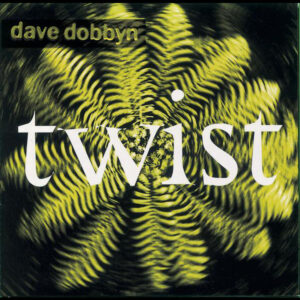
1994, 7.5/10
After a decade of living in Australia, Dave Dobbyn returned to New Zealand. He wrote songs for Twist at Karekare Beach, the same place where Crowded House recorded Together Alone, and Twist captures some of the same sense of awe at the surroundings, as well as gentle psychedelia. The link to Together Alone makes sense given that Crowded House’s Neil Finn produces Twist. Along with Dobbyn and Finn, the core band for Twist is the rhythm section from Kiwi pop/rock band The Muttonbirds, Ross Burge and Alan Gregg.
While Together Alone is front-to-back wonderful, Twist is only half brilliant; songs like ‘Betrayal’ rely on their atmosphere, while ‘P.C.’ is a dated rant at political correctness. But when Twist works, it’s fantastic; there are brilliant rock tracks, with a twist of psychedelia, like standout opener ‘The Lap of the Gods’ and ‘What Do You Really Want?’ There’s also stripped-down beauty on ‘It Dawned On Me’ and ‘I Can’t Change My Name’, while the first single was ‘Language’, a confessional rocker which builds into an intense middle eight; it started life as an acoustic song before Finn insisted on speeding it up.
Twist is uneven, but the best songs are some of the best material Dobbyn ever wrote, making it an essential purchase for fans.
The Islander
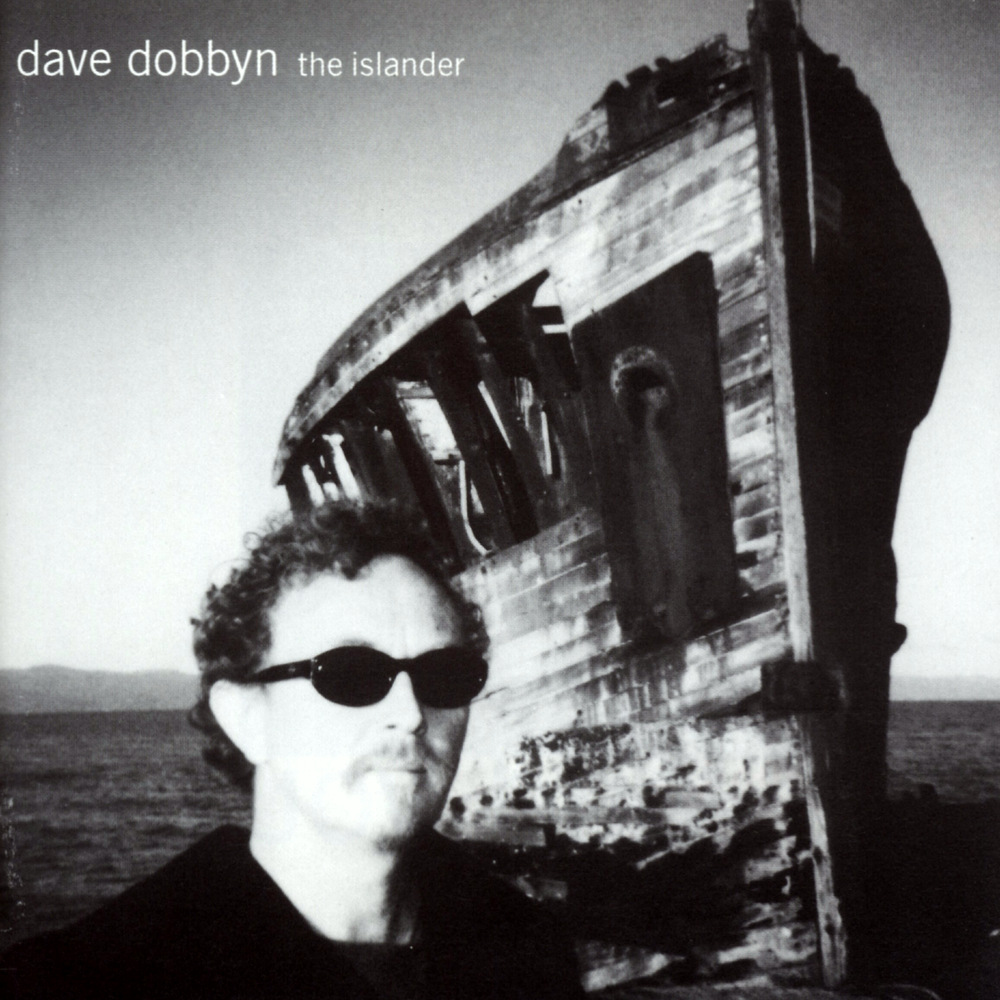
1998, 9/10
Dave Dobbyn took the producer’s chair for his third and best album of the 1990s. The songs on The Islander are presented simply – Dobbyn is often on piano, and it’s dominated by acoustic textures; it’s the same treatment that would have suited the songs on Loyal ten years earlier. In the uncluttered surroundings, Dobbyn reels off brilliant song after brilliant song. The title is a reference to Dobbyn’s identity as a New Zealander: “I’ve come to terms with the fact that I’m a Pacific Islander a long time ago. There’s nothing vaguely European about me apart from the colour of my skin. So I’ve called it The Islander because it’s a stamp of identity.”
The Islander is Dobbyn’s singer-songwriter album, and the most loved song is the confessional ‘Beside You’, a candid and vivid love song with lyrics like “And this is for your lonesome tears I never dried/This is for you hanging in in the hope that it never dies.” The energetic opener ‘Waiting’ brings back the pub rock sound of Dobbyn’s early work, but the tone of The Islander is set by expertly written, succinct songs like ‘I Never Left You’ and ‘Mobile Home’. The closing ‘Hallelujah Song’ is overtly Christian, with a gospel feel; Dobbyn had recently re-engaged with his faith, and he’d embrace it on his 21st-century records.
The Islander is the peak of Dobbyn’s output as an album artist – a beautiful collection of songs that are eloquent and timeless.
Hopetown (2000)
Available Light (2005)
Anotherland (2008)
Harmony House (2016)
I’ve never checked in with Dobbyn’s 21st-century work – the first single, ‘Just Add Water’, from Hopetown never grabbed me. ‘Welcome Home’ from Available Light has become part of his canon and was used featured in the commemorations for the 2019 Christchurch shootings.
Ten Best Dave Dobbyn Songs
Whaling (DD Smash)
The Lap Of The Gods
Slice of Heaven
Beside You
Maybe The Rain
Loyal
Be Mine Tonight (Th’ Dudes)
Don’t Hold Your Breath
It Dawned On Me
Outlook For Thursday (DD Smash)
Back to New Zealand album reviews…
2 Comments
Leave a Reply
Related Pages
About
Aphoristic Album Reviews is almost entirely written by one person. It features album reviews and blog posts across a growing spectrum of popular music.
Review Pages
Read about the discographies of musical acts from the 1960s to the present day. Browse this site's review archives or enjoy these random selections:
Blog Posts
I add new blog posts to this website every week. Browse the archives or enjoy these random selections:

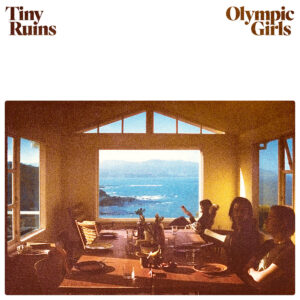
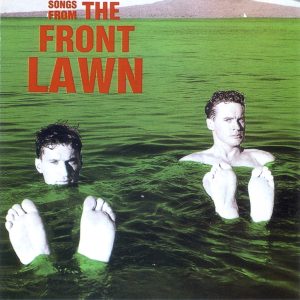
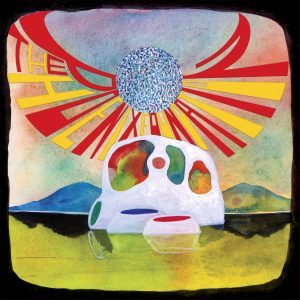
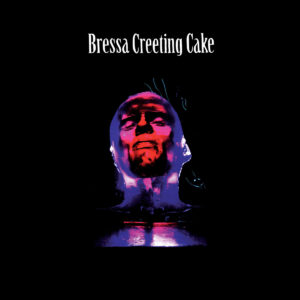
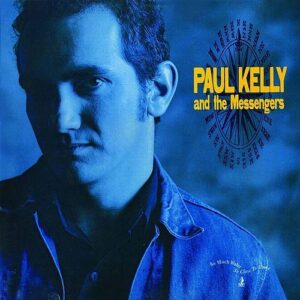
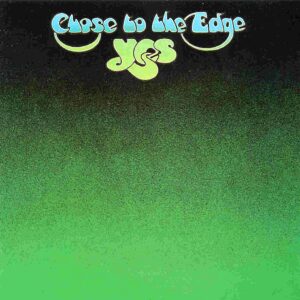
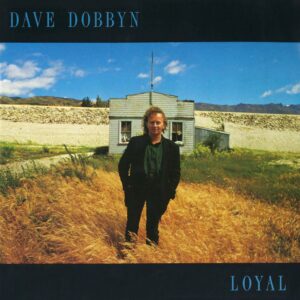
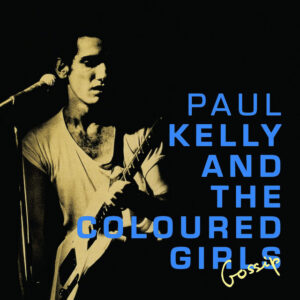
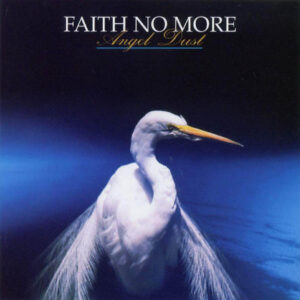
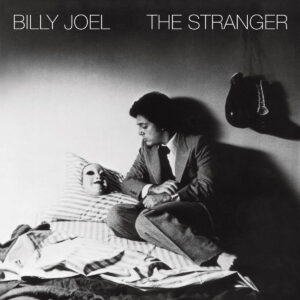
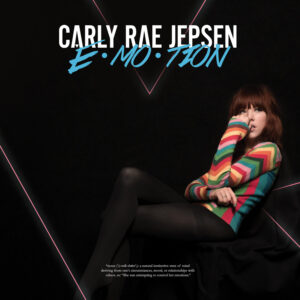
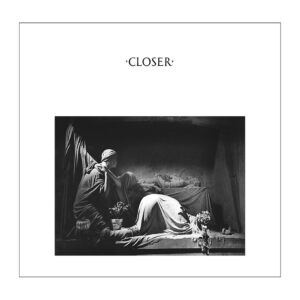
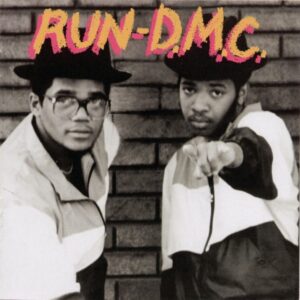


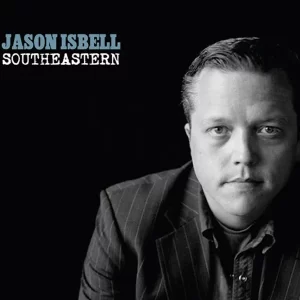
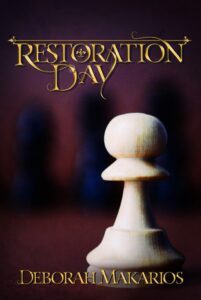
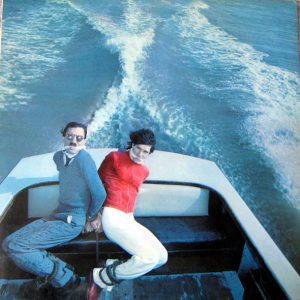
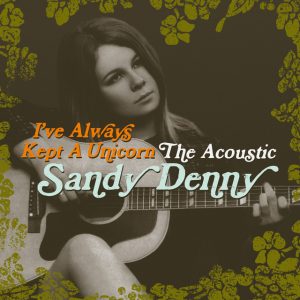
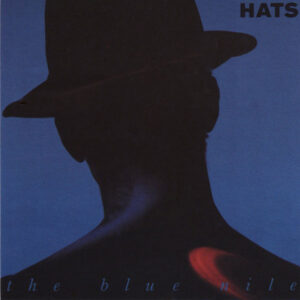




I think you should have another look at Available Light. It is a really great album and very melodic. It also has some wisdom especially on a couple of tracks relating to substance abuse.
I’ve never actually heard it! I didn’t like Hopetown much, so I stopped there, but I gues I should go back and check out Available Light sometime.